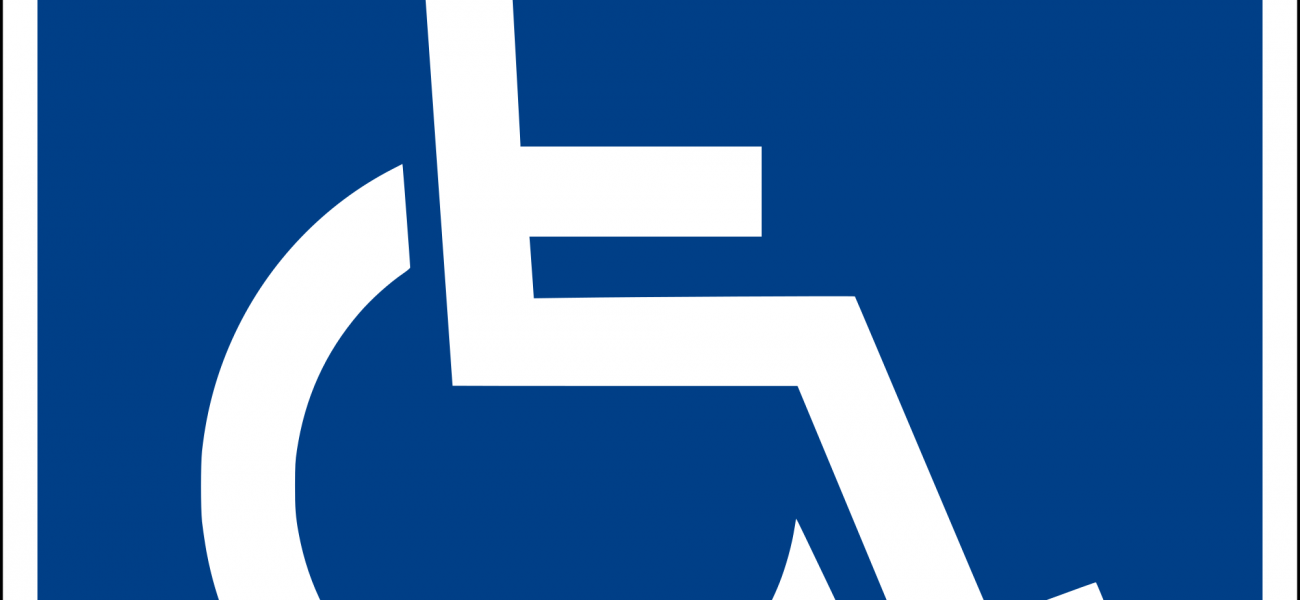Nigeria may well be on its way to domesticating the United Nations Convention on the Rights of Persons with Disabilities as a Conference Committee Report on a Bill promoting the full integration of persons with disabilities into society was adopted by the Senate on 21 November, 2018.
The Bill describes persons with disabilities as having “long term physical, mental, intellectual or sensory impairment[1]”, that could hinder their full and effective participation in society on equal basis with others. It also prohibits discrimination against such persons in any manner or circumstance[2].
Some of the rights guaranteed to persons with disabilities under the Bill include their right of access to the physical environment[3], public buildings and transportation as it facilitates easier movement by road[4], rail, sea[5] and air travel[6]. The Bill also envisages a change in the structure of public buildings as it mandates for the inclusion of necessary accessibility aids such as lifts, ramps and other facilities to make them accessible to persons that are physically challenged. It also compels transport providers to extend accessibility to persons with disabilities such as those on wheel chair. However, a 5-year transitory period from the commencement of the Bill is conceded to the government to modify all public buildings to be accessible and usable to persons with disabilities.
Other notable provisions in the Bill include the provision of special facilities (including braille, sign language and other skills)[7] to cater for the education of persons with disabilities in public schools, free education up to secondary school level[8], subsidisation for special education personnel[9] and a minimum threshold of 5% for employers of labour to recruit persons with disabilities[10] in public organisations. Clause 28 of the Bill also entitles persons with mental disability to free medical and health care services in public institutions.
To give effect to its provisions, the Bill envisages the establishment of a Commission headquartered in Abuja[11] that will be managed by Governing Council to formulate and implement policies for their social and educational development. There are also various penalties in the proposed legislation to enforce compliance of its provisions. The Commission will be funded from subventions and budgetary allocations from the Federal government and monies granted by individuals or institutions within or outside Nigeria[12]. In addition to this, an Executive Secretary is charged with administering the day-to day-affairs of the Commission and its policies.
While the Bill has financial implications particularly to the Federal Government, its passage is imperative as it affirms the principle of equality and non-discrimination as contained under Section 42 of the 1999 Constitution (as amended). It is also likely to increase the public’s understanding of disability rights and address the inequality meted to about 25 million disabled Nigerians.
It is hoped that President Buhari will assent to the Bill, which failed to secure assent in the 6th and 7th Assemblies. The Senate had initially adopted the Conference Committee Report on the Bill on Wednesday, 28 March 2018 but it was further adopted on 21st November, 2018 to address some observations in a few clauses that could hinder effective implementation. The House of Representatives is expected to do same before onward transmission to the President for approval.
[1] Clause 57 of the Discrimination against Persons with Disabilities (Prohibition) Bill, 2018
[2] Clause 1(1) of the Discrimination against Persons with Disabilities (Prohibition) Bill, 2018
[3] Clause 3 of the Discrimination against Persons with Disabilities (Prohibition) Bill, 2018
[4] Clause 9 of the Discrimination against Persons with Disabilities (Prohibition) Bill, 2018
[5] Clause 13 Clause 3 of the Discrimination against Persons with Disabilities (Prohibition) Bill, 2018
[6] Clause 15 of the Discrimination against Persons with Disabilities (Prohibition) Bill, 2018
[7] Clause 21 of the Discrimination against Persons with Disabilities (Prohibition) Bill, 2018
[8] Clause 20(2) of the Discrimination against Persons with Disabilities (Prohibition) Bill, 2018
[9] Clause 22 of the Discrimination against Persons with Disabilities (Prohibition) Bill, 2018
[10] Clause 28 of the Discrimination against Persons with Disabilities (Prohibition) Bill, 2018
[11] Clause 31 of the Discrimination against Persons with Disabilities (Prohibition) Bill, 2018
[12] Clause 45(1) of the Discrimination against Persons with Disabilities (Prohibition) Bill, 2018

